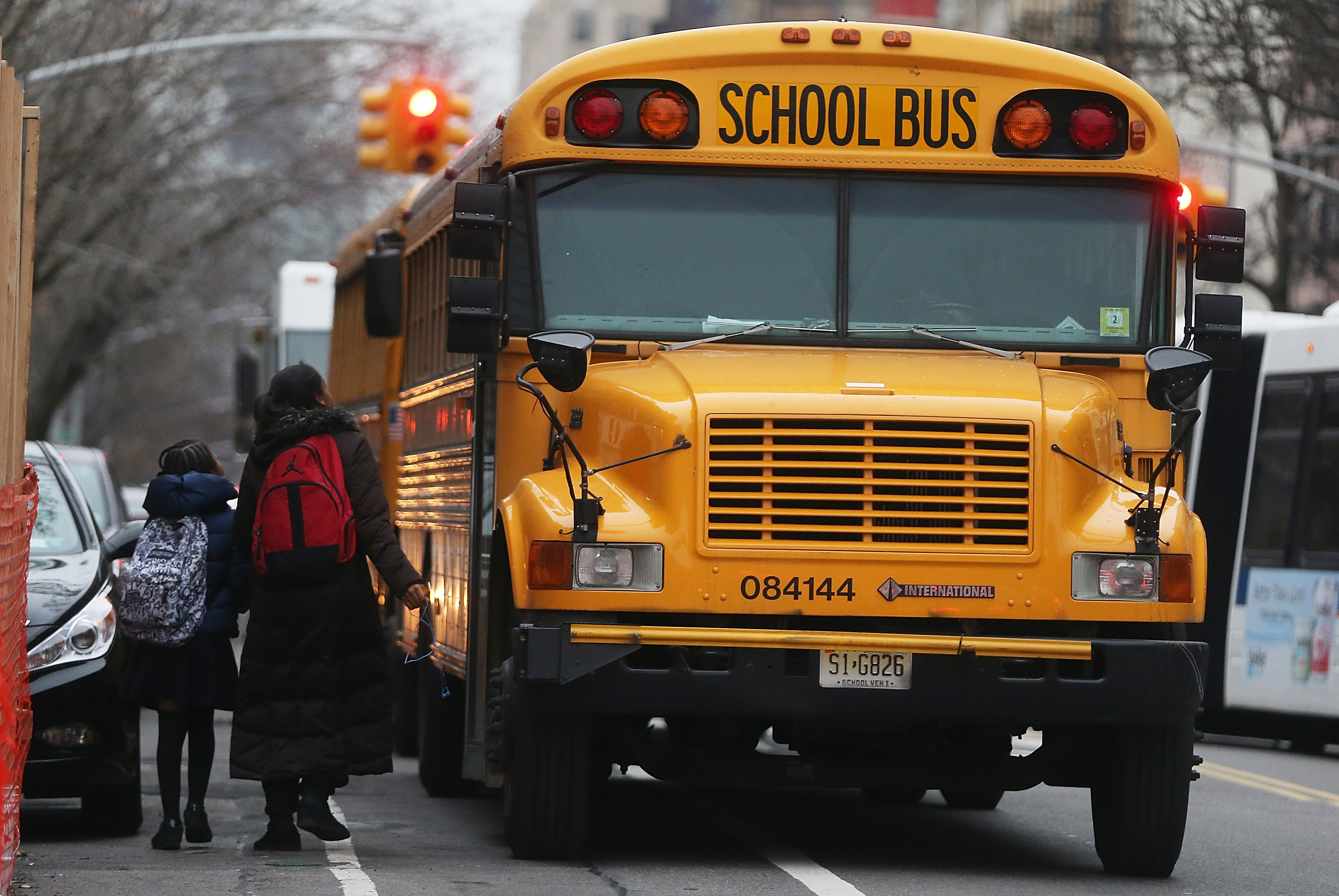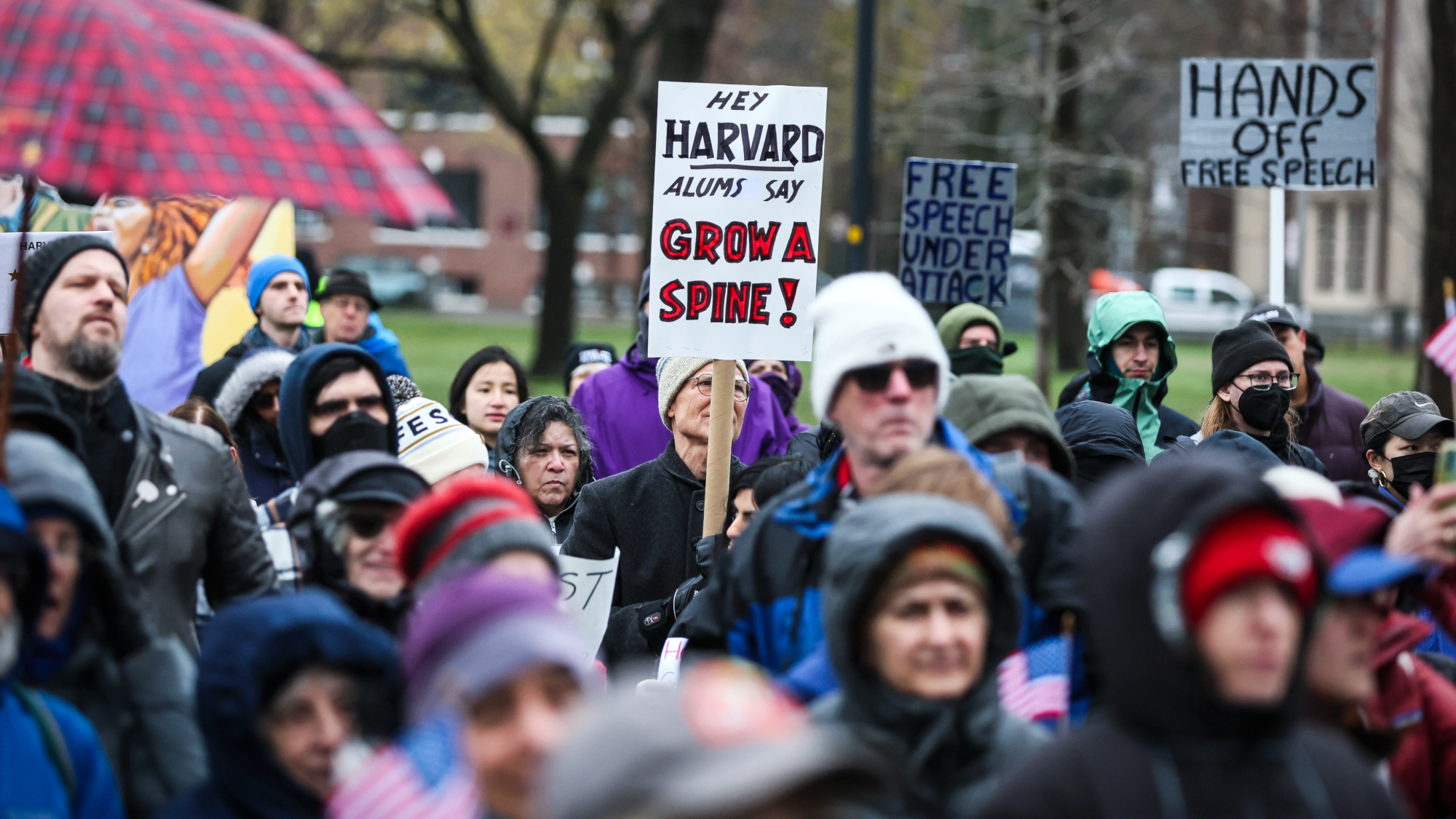Study: American primary education is trending back toward segregation


As American children prepare to head back to school tomorrow, many of them will return to racially homogenous classrooms. A 2014 report found that 60 years after the landmark desegregation case Brown v. Board of Education (1954), segregation in American primary education — though certainly not at pre-Brown levels — has significantly increased since the 1980s, which generally marked the peak of integration.
Gary Orfield, a UCLA law professor who co-authored the study, says the findings of his report still hold true in 2015, and the long-term consequences of subpar education at majority-minority schools could be dire. "Let’s say your family’s poor, and then your chances of going to a really great state university are basically nonexistent," he explains. "If this is sustainable then it's incompatible with democracy, and spells disaster for the long run."
Schools that almost exclusively serve minority children tend to have "far fewer resources than most white-majority counterparts, leading to high teacher turnover, less experienced or qualified teachers, less structure, less attention, worse access to opportunities, and poorer grades," The Guardian reports. About two out of five African-American children attend schools that are less than 10 percent white.
The Week
Escape your echo chamber. Get the facts behind the news, plus analysis from multiple perspectives.

Sign up for The Week's Free Newsletters
From our morning news briefing to a weekly Good News Newsletter, get the best of The Week delivered directly to your inbox.
From our morning news briefing to a weekly Good News Newsletter, get the best of The Week delivered directly to your inbox.
A free daily email with the biggest news stories of the day – and the best features from TheWeek.com
Bonnie Kristian was a deputy editor and acting editor-in-chief of TheWeek.com. She is a columnist at Christianity Today and author of Untrustworthy: The Knowledge Crisis Breaking Our Brains, Polluting Our Politics, and Corrupting Christian Community (forthcoming 2022) and A Flexible Faith: Rethinking What It Means to Follow Jesus Today (2018). Her writing has also appeared at Time Magazine, CNN, USA Today, Newsweek, the Los Angeles Times, and The American Conservative, among other outlets.
-
 ‘But being a “hot” country does not make you a good country’
‘But being a “hot” country does not make you a good country’Instant Opinion Opinion, comment and editorials of the day
-
 Why have homicide rates reportedly plummeted in the last year?
Why have homicide rates reportedly plummeted in the last year?Today’s Big Question There could be more to the issue than politics
-
 Magazine printables - January 30, 2026
Magazine printables - January 30, 2026Puzzle and Quizzes Magazine printables - January 30, 2026
-
 Penn wipes trans swimmer records in deal with Trump
Penn wipes trans swimmer records in deal with Trumpspeed read The University of Pennsylvania will bar transgender students from its women's sports teams and retroactively strip a trans female swimmer of her titles
-
 Supreme Court may bless church-run charter schools
Supreme Court may bless church-run charter schoolsSpeed Read The case is 'one of the biggest on church and state in a generation'
-
 Harvard sues Trump over frozen grant money
Harvard sues Trump over frozen grant moneySpeed Read The Trump administration withheld $2.2 billion in federal grants and contracts after Harvard rejected its demands
-
 Harvard loses $2.3B after rejecting Trump demands
Harvard loses $2.3B after rejecting Trump demandsspeed read The university denied the Trump administration's request for oversight and internal policy changes
-
 USC under fire for canceling valedictorian speech
USC under fire for canceling valedictorian speechSpeed Read Citing safety concerns, the university canceled a pro-Palestinian student's speech
-
 Florida teachers can 'say gay' under settlement
Florida teachers can 'say gay' under settlementspeed read The state reached a settlement with challengers of the 2022 "Don't Say Gay" education law
-
 Biden administration to forgive $39B in student loan debt for 800K borrowers
Biden administration to forgive $39B in student loan debt for 800K borrowersSpeed Read
-
 Advocacy groups challenge Harvard's legacy admissions policy
Advocacy groups challenge Harvard's legacy admissions policySpeed Read
